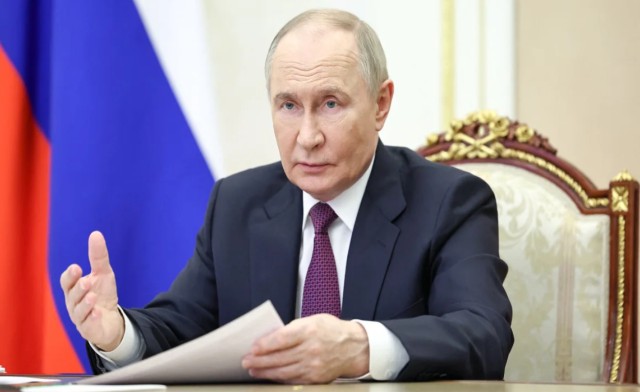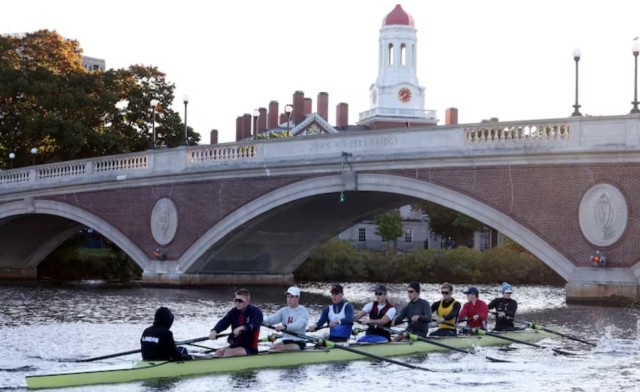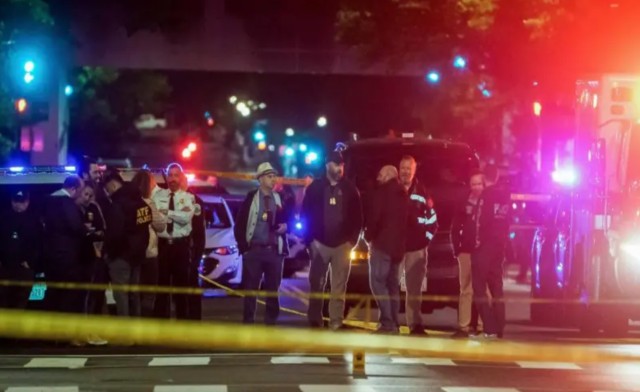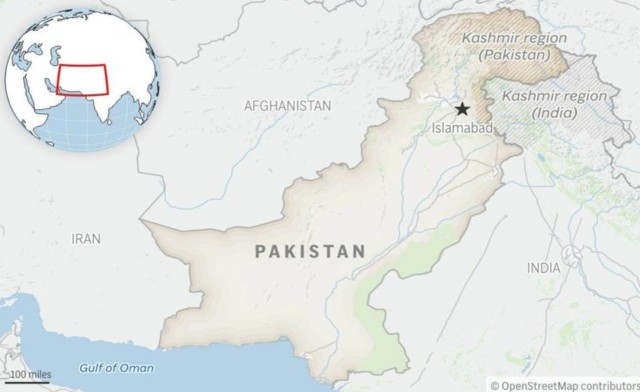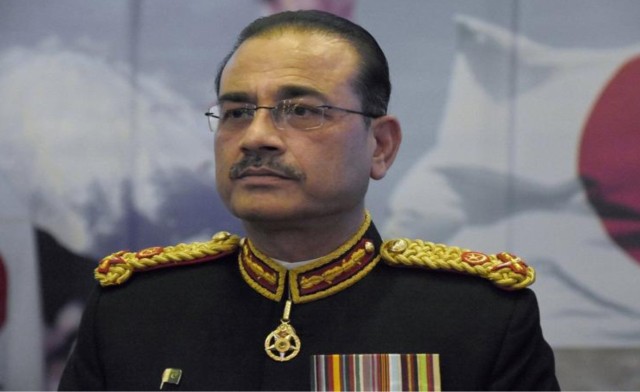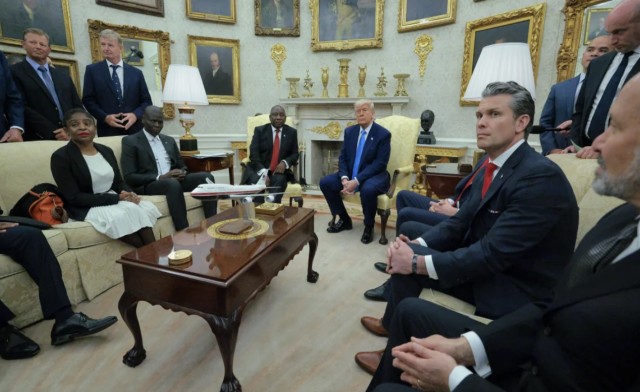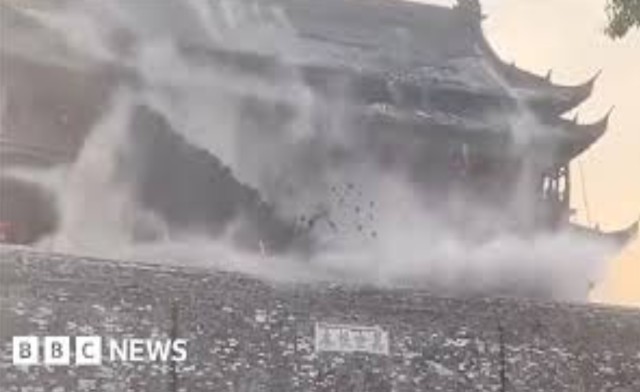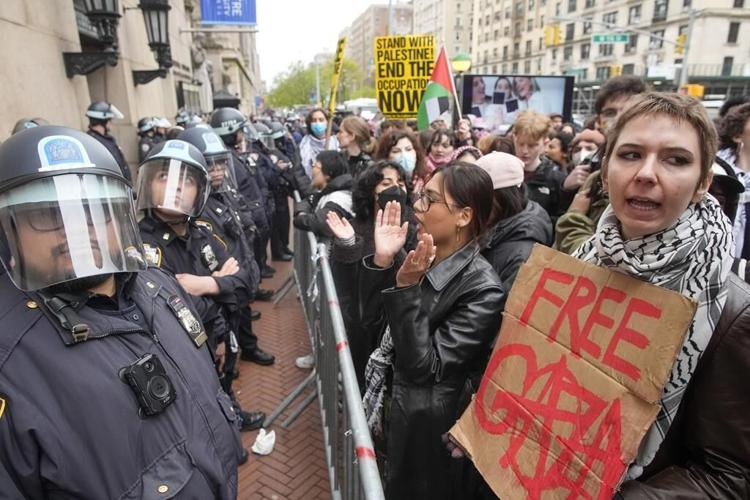
AP Photo/Noreen Nasir
Students across the United States are escalating their protests against Israel's conflict with Hamas, sparked by a demonstration at Columbia University that spread nationwide. The movement gained momentum as students established encampments, occupied buildings, and defied orders to disperse.
Protests had been simmering for months but intensified after over 100 pro-Palestinian demonstrators camping at Columbia's Manhattan campus were arrested. Subsequently, dozens more protesters faced arrest at various campuses, with charges ranging from trespassing to disorderly conduct.
Tensions remained high at Columbia, prompting the Ivy League institution to transition to hybrid learning for the remainder of the semester. The decision followed concerns about safety and apprehensions among students about returning to campus.
In New York City, over 130 protesters were apprehended at New York University, with Mayor Eric Adams condemning incidents where police officers were assaulted with projectiles. At Yale University in Connecticut, 60 protesters, including 47 students, were arrested after refusing to vacate a campus plaza.
In the Midwest, demonstrations at the University of Michigan and the University of Minnesota resulted in arrests and the dismantling of encampments by law enforcement. Meanwhile, in California, California State Polytechnic University, Humboldt, closed its campus after protesters occupied a building, leading to three arrests.
Colleges and universities grappled with balancing safety concerns and students' rights to free expression. Some institutions, like Harvard University, tightened security measures, restricting access to certain areas and cautioning against unauthorized demonstrations.
Despite the challenges, students and civil liberties organizations emphasized the importance of upholding free speech rights while ensuring safety on campus. However, there were concerns about conflating criticism of Israel with antisemitism, prompting calls for universities to carefully navigate these issues.
The protests underscored the ongoing debate surrounding Israel's military actions in response to Hamas attacks and their impact on Palestinian civilians. While some students expressed solidarity with Palestinians and called for divestment from Israel, others voiced concerns about antisemitism and the need for constructive dialogue.
The demonstrations at Columbia University, known for its history of activism, ignited a broader movement on college campuses nationwide. Amidst the protests, U.S. House Speaker Mike Johnson planned to address antisemitism and express solidarity with Jewish students during a visit to Columbia University.
The conflict between Israel and Hamas, which began with Hamas' attack on southern Israel, has resulted in significant casualties on both sides. The ongoing violence has reignited debates about the Israeli-Palestinian conflict and prompted students to demand action from their universities.
As the protests continue, universities face the challenge of fostering inclusive environments while addressing the complex issues surrounding the Israeli-Palestinian conflict and ensuring the safety and well-being of their students.


